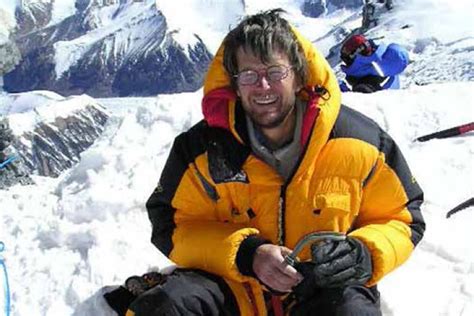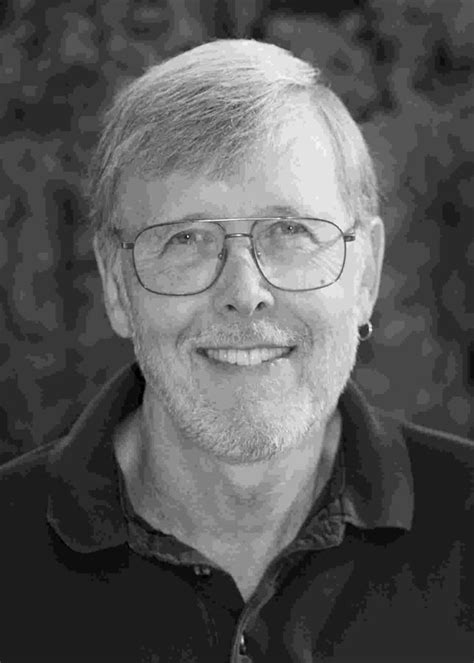A Quote by Sylvia Plath
I want to live and feel all the shades, tones and variations of mental and physical experience possible in life.
Related Quotes
I can never read all the books I want; I can never be all the people I want and live all the lives I want. I can never train myself in all the skills I want. And why do I want? I want to live and feel all the shades, tones and variations of mental and physical experience possible in life. And I am horribly limited.
All things are created twice. There is a mental (first) creation, and a physical (second) creation. The physical creation follows the mental, just as a building follows a blueprint. If you don't make a conscious effort to visualize who you are and what you want in life, then you empower other people and circumstances to shape you and your life by default.
I think there are times when human beings open our psychic field: when they're in love, when they're with another person that they resonate with, when they're having a wonderful experience of any kind. We feel the essence of life in a different way that allows us to experience the presence of God as, I would call it, a functioning, physical reality and not just a mental construct or conceptualization.
If you want to live in Tennessee, God bless you, I wish for you a long life and starry evenings. But that is not where I want to live my life. I want to live my life in Carthage, in Athens. I want to live my life in Rome. I want to live my life in the center of the world. I want to live my life in Los Angeles.
If a psychological Maxwell devises a general theory of mind, he may make it possible for a psychological Einstein to follow with a theory that the mental and the physical are really the same. But this could happen only at the end of a process which began with the recognition that the mental is something completely different from the physical world as we have come to know it through a certain highly successful form of detached objective understanding. Only if the uniqueness of the mental is recognized will concepts and theories be devised especially for the purpose of understanding it.
What do you want? You can't want to be happy, because that's too easy and too boring. You can't want only to love, because that's impossible. What do you want? You want to justify your life, to live it as intensely as possible. That is at once a trap and a source of ecstasy. Try to be alert to that danger and experience the joy and the adventure of being that woman who is beyond the image reflected in the mirror.
The first colour charts were unsystematic. They were based directly on commercial colour samples. They were still related to Pop Art. In the canvases that followed, the colours were chosen arbitrarily and drawn by chance. Then, 180 tones were mixed according to a given system and drawn by chance to make four variations of 180 tones. But after that the number 180 seemed too arbitrary to me, so I developed a system based on a number of rigorously defined tones and proportions.
Even if leftists were able to get control of every institution they want to destroy, what they want is not possible. The circumstances for life on this planet that they want are not possible to achieve. The closest they can get to it is communism and tyranny where they have to force everybody to live the way they want.
In the central cases of physical pain, then, it appears that at least part of what is bad about our condition is the way it makes us feel. Here there seem to be no problems with a purely mental state account, no counterpart to the experience machine that could bring us to think that we are being deceived by mere appearances. [...] If I am suffering physical pain then I can be quite wrong about the organic cause of my affliction, or even about whether it has one, without that error diminishing in the slightest either the reality of my pain or its impact on the quality of my life.
There has been evolution in my work. In the beginning I was very much busy with the physical body and the limits of the physical body but that somehow naturally led me to the mental body and how I could deal with that. Stillness is so much harder, especially for three months. It was a big challenge. As a performer it is the most difficult experience one can have. And the interactive experience with the public made it even harder.
This concern with the basic condition of freedom -- the absence of physical constraint -- is unquestionably necessary, but is not all that is necessary. It is perfectly possible for a man to be out of prison and yet not free -- to be under no physical constraint and yet to be a psychological captive, compelled to think, feel and act as the representatives of the national State, or of some private interest within the nation, want him to think, feel and act.




































